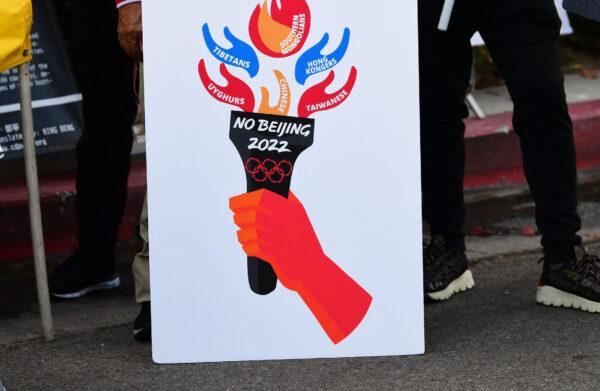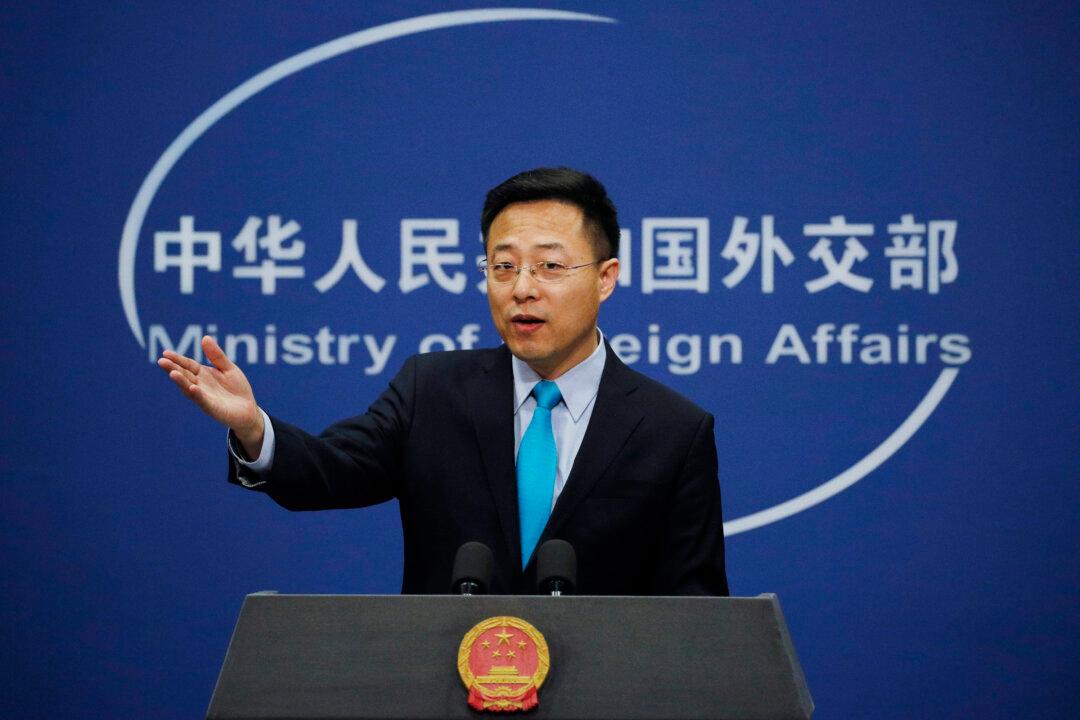The communist regime in China on Dec.7 renewed threats to retaliate against a planned U.S. diplomatic boycott of the 2022 Beijing Winter Olympics, saying it would take “resolute countermeasures.”
“The United States will pay a price for its practices,” Foreign Ministry spokesperson Zhao Lijian said at a daily briefing on Tuesday when asked about specific countermeasures. “You may stay tuned for follow-ups.”
The decision came amid intensified boycott calls among rights groups and lawmakers around the world. They urged to postpone or relocate the Winter Games unless the communist regime ends its repression campaign against ethnic minorities in the far-western Xinjiang region. The United States and other Western democracies have labeled Beijing’s actions a genocide.
The diplomatic boycott wouldn’t affect the U.S. athletes “who have been training, preparing for this moment,” Psaki said, but it “could send a clear message.”
When Zhao was asked if the Chinese regime would boycott the 2028 Los Angeles Summer Olympics and a potential 2030 Winter Games in Salt Lake City, he refused to comment, saying Washington should realize the “consequence” of its move.
Following the U.S. decision, New Zealand said on Tuesday that it won’t send official delegations, citing COVID-19 concerns. Other countries like Australia, the UK, and Canada, which have also condemned the regime’s human rights abuses, said they are considering their positions.
When asked whether the Beijing worried the diplomatic boycott could generate a “domino effect,” Zhao said that the events were for athletes, adding that officials’ attendance wouldn’t “have any effect” on the Games in Beijing.

Washington’s symbolic boycott of the Games has drawn applause from groups representing those victimized by the Chinese regime.
Over one million Uyghur sand other Muslim minorities have been incarcerated in internment camps in China’s far-western Xinjiang region. They have been subjected to forced sterilization, torture, forced labor, and political indoctrination.




